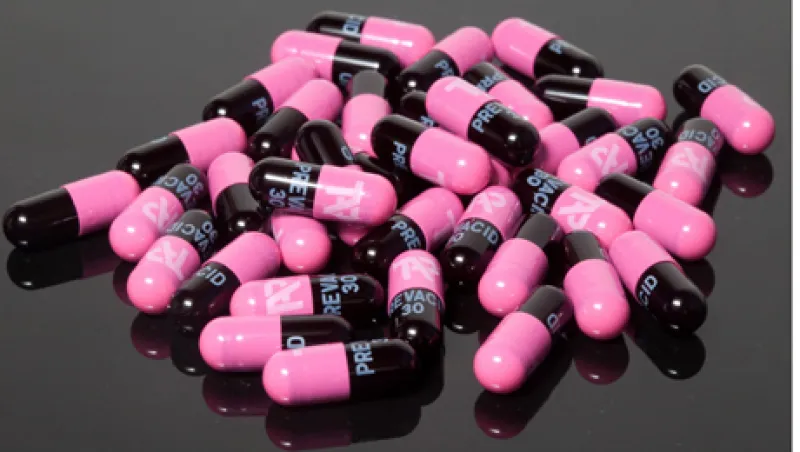For investors, the combination of a speedier Food and Drug Administration and advances in applying genomics to drug development creates intriguing possibilities.
At first glance, investors might expect profit opportunities for pharmaceuticals companies to shrink. After all, genomics can lead to personalized drugs that would be sold only to the limited number of people with a particular genetic mutation — the polar opposite of the drug industry’s classic model of mass-market blockbusters, usually defined as $1 billion or more in annual sales.
To some degree, however, higher prices could compensate for the loss in the number of buyers. Complex biological drugs can cost anywhere from $50,000 to more than $120,000 a year, compared with $350 to $1,200 for standard brand-name pills. But those prices are so controversial that many insurance companies balk, further complicating any predictions. Insurers may succeed in forcing discounts. Patients without insurance may skip the medications they need.
Many health care investors are seeking niches. Michael Gregory, who manages about $200 million in health care funds affiliated with Dallas hedge fund firm Highland Capital Management, likes so-called orphan drugs that treat diseases so rare that even nongenomics-based products have limited markets. The FDA has been offering inducements to manufacturers of these products, including tax credits and seven-year exclusive marketing rights, ever since the 1983 Orphan Drug Act.
Orphan drugs are one of the few areas singled out in the newest Prescription Drug User Fee Act (PDUFA), which pledges, among other things, to increase “outreach to industry” and patient groups, to write new guidelines that will encompass “nontraditional clinical development programs” and to encourage “flexibility and scientific judgment, as appropriate, on the part of reviewers.” In early May, even before the newest PDUFA was passed, the FDA approved Elelyso, an orphan drug from a Pfizer partnership used to treat Gaucher disease, a rare genetic disorder that affects the liver and spleen.
“Activities within the FDA would cause us to reconsider favorably the opportunities of companies that are pursuing orphan drugs,” says Gregory. He also points out that orphan drug prices can outpace even those of biologics, sometimes topping $500,000 per patient annually.
At Great Point Partners, a Greenwich, Connecticut–based investment firm with about $400 million in assets, co-founder Jeffrey Jay says the FDA’s tougher stance on cholesterol drugs like Merck & Co.’s niacin product Tredaptive prompted him to shift away from the cardiovascular market, despite its huge size, and toward targeted niche drugs. The most obvious target is cancer. One company Jay singles out is Ariad Pharmaceuticals of Cambridge, Massachusetts, which is working on a drug for a type of leukemia in patients with a particular genetic mutation. Ariad has finished clinical trials and is awaiting FDA approval; Jay expects the new drug to hit the market next year.
The FDA’s oncology division has traditionally had a reputation for moving approvals quickly, even before the advent of genomics, because cancer drugs almost by definition meet the agency’s criteria for special, accelerated consideration: drugs for fatal diseases with few or no effective treatments. Other arms of the agency have the opposite reputation — deserved or not — for being especially inefficient or strict. Among them: the divisions of metabolism and endocrinology products; pulmonary, allergy and rheumatology products; and neurology.
Depending on the specific personnel, “there are about 20 or 25 percent of cases where the FDA doesn’t act rationally, where some bureaucrat gets in there,” says Nathan Fischel, who runs $80 million in health-care-focused hedge funds at Los Angeles–based Dafna Capital Management. One of Fischel’s favorite companies is Discovery Labs in Warrington, Pennsylvania, whose synthetic drug Surfaxin was approved in March for treating respiratory distress syndrome in premature infants.
Michael Krensavage, who runs a small, eponymous hedge fund in New York, says the changes at the FDA haven’t altered his basic, deep-value strategy, although “they certainly do make things more interesting and potentially more lucrative.” If anything, he believes that “biotech stocks are going bonkers” in anticipation of a speedier, friendlier FDA, as illustrated by the 50 percent jump in the Nasdaq Biotechnology index since November. Krensavage, for his part, is waiting to see if that bubble collapses.






